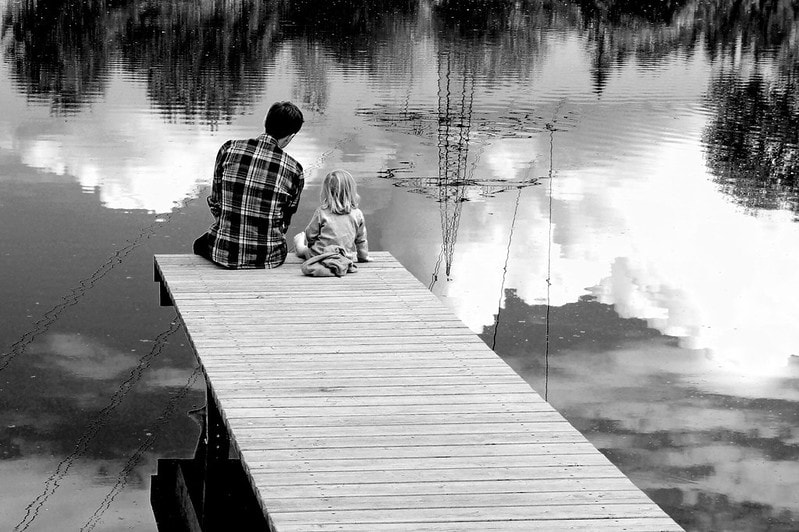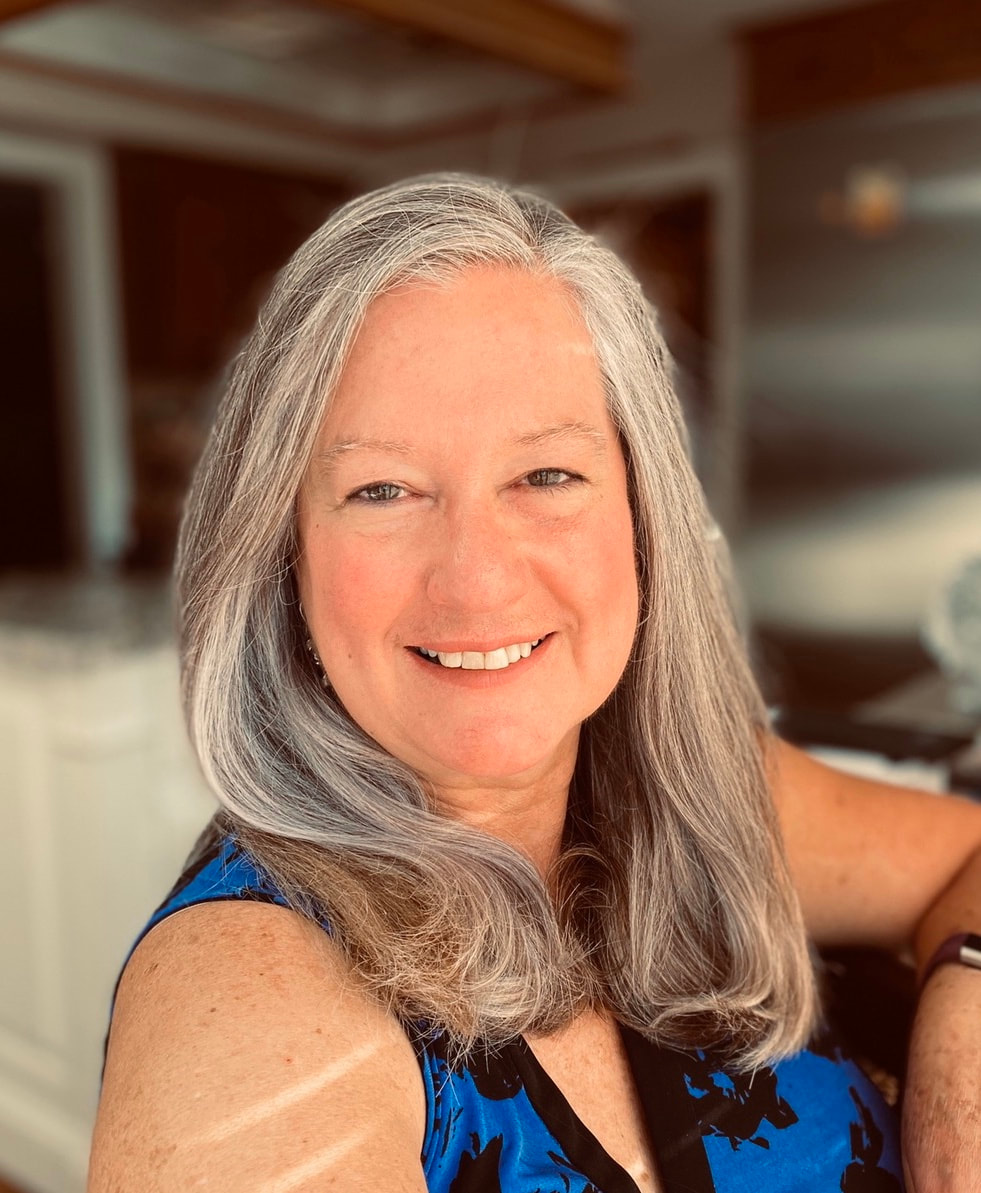|
My mother in law passed away this morning. She spent the better part of her life in chronic pain that was difficult to manage. But her struggles did not keep her from doing the things she enjoyed, like baking, sewing, crafting, making cards and sharing her love of all these things with her grandchildren. This past weekend, after we realized she was heading toward the end of her time here on earth, all our local family, and her son who was not-so-local, spent several hours with her. Eleven of us gathered at her bedside to tell her we loved her, as we prayed over her and sang her favorite songs and hymns. The youngest of us was 3 months old. Our family represented several decades, an infant and a 3-year-old, a few teens, and others in their 20’s 30’s and 50’s. And I was grateful everyone who lived nearby came. Because deaths, like births, are spiritual times. We question our mortality and consider our faith. In fact, during such times our faith is tested as we ask or think about the challenging questions: Is God real? Does He love me? Why is this happening? Can I trust God? These are crucial questions for everyone to ask. If you don’t know what you believe and why you believe it, you are more susceptible to being tossed by every wind of doctrine. And you’ll feel like that, thrashed about and bruised. I love that my highly inquisitive, 15-year-old was there, making assessments and asking her own tough questions. She was a little surprised, even intrigued, that her Gram’s death affected her so deeply. Experiencing the effect of someone’s death on our heart and mind, is why it is important to allow our children to witness death. Through observing death, we learn how natural the life cycle is. Some day in the future, my daughter will experience others in their last moments on earth and she will be better equipped to handle it because she was able to be with her Gram as she was passing from this earth. In the safe environment of our family, she was able to ask questions about life and mortality, faith and trust in God, what we believe and why, and through each experience she will be able to adjust what she believes. As do I. Often the first experience children have with death is that of a pet. I remember when my tabby cat Socrates died when I was about ten years old. I was devastated. But I’m grateful I had the opportunity to lose a few pets and, likewise, I’m grateful my children have experienced the deaths of several pets. Caring for pets has given us the opportunity to share our faith and beliefs about death when those animals pass on. Our children need to know our beliefs in order to begin to formulate their own beliefs as they mature. Our faith, our belief systems, our worldview must be owned. My faith will not carry my children, my husband, my extended family members or any of my friends. My mom’s faith will not carry me. My son’s faith will not carry his friend. Each of us is required to find our own faith and walk in it. And no matter how far down we stuff them, witnessing death can bring all the deep questions to the surface. That is a good thing. While we don’t want to dwell on the tough questions all the time, we need to address them periodically and readjust our belief system accordingly. Though we all wonder about it, the young ones usually ask if it hurts, and thankfully, with today’s medicines we can tell them that Gram is not in pain. We even met with her hospice nurses and watched them give her comfort care, swabbing her mouth with a lemon infused sponge. The older children will often ask defining questions about what will happen to Gram when she dies. In asking that question they are asking, “What will happen to me when I die?” One of the first things we, as parents, must do, is address the questions ourselves…what do we believe, and why? Before we can give our children any answers, we need to have at least thought about life and death, faith and belief. And if after thinking, searching and researching we don’t really know, that’s OK. Just say that to your kids. They need to know you don’t have it all figured out. One of the things I’ve told my own children is that even if I don’t know the answers, I trust God and sometimes trusting Him is enough. You can even suggest doing research together. Read the Bible together to find out what God says about it. What is heaven? What is hell? And what do they mean to me? To help your children build their own belief system regarding life and death, allow them to be exposed to death at young ages. Here are a few take-aways:
Even though my mother in law has ended her earthly journey, her passage helped the rest of us grow. I’m grateful for her. For her enthusiasm and zest for life, despite the daily pain she endured. When you have someone nearing death in your family, I encourage you to allow your children to be part of the family gathering. Let them learn how sacred, and oftentimes fragile, life is. Ask the questions aloud, pray, grieve, rejoice… and give your children time to express what they are feeling. You will all benefit from it. **This article was originally written on March 13, 2018 Article by Ruth Grunstra
All Rights Reserved Copyright ©2020
0 Comments
Leave a Reply. |
Hi I'm RuthWhat is the biggest challenge you are facing with your child? My husband and I had the first of our 8 children in 1984 and our youngest in 2002. We've been married since 1980 and we are always learning new ways to engage our children. We would love to hear from you. Contact us and let us know what you have found that works and what doesn't, or ask me a question.
Thanks for stopping by. Archives
March 2020
Categories
All
Your email is safe with us. We will only use it to send you new blog posts and updates from this site.
|


 RSS Feed
RSS Feed